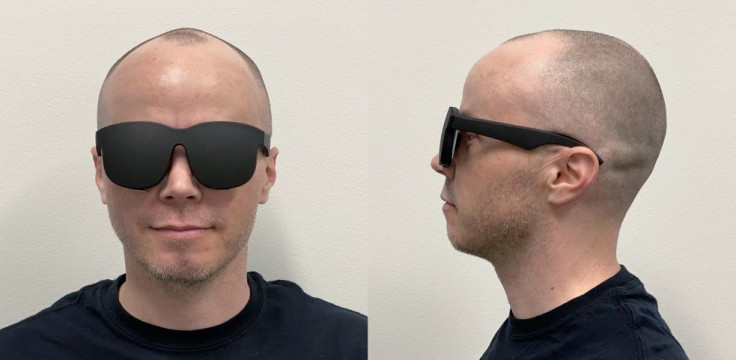Facebook Has The Most Compact VR Headset Prototype Yet
KEY POINTS
- Various tech companies are racing to create the first pair of marketable AR/VR smart glasses
- Apple and Facebook are two of those companies
- Facebook already created the slimmest VR headset prototype yet
Facebook has created a prototype VR headset that's way more slim and looks more comfortable to wear compared to other head-mounted displays in the market today.
Various companies are racing to create the first head-mounted display (HMD) that can be worn comfortably like a regular pair of eyeglasses. Apple is one of those companies, and previous reports say the company will be releasing a sleek pair of smartglasses in the coming future, about the year 2023.
More recent reports, however, indicate that social media giant Facebook is racing against Apple to be the first to create a sleek pair of smartglasses that can be worn outside the house. The Zuckerberg-helmed company said it plans to create an HMD with a “glass form factor,” which means it will not look like those bulky VR headsets currently used for many things, including video gaming.
It appears that Facebook is serious in that claim. According to a research paper scheduled to be published on July 3 (but already available for download now), Facebook has created the slimmest HMD yet – one that looks like a regular pair of sunglasses, only thicker at some parts. The research paper was first spotted by UploadVR.

Per the research paper, the company was able to create slim “sunglasses-like VR displays” using “a new design space for virtual reality displays that combines polarization-based optical folding, holographic optics, and a host of supporting technologies to demonstrate full color display, sunglasses-like form factors, and high resolution across a series of hardware prototypes.”
For those who don't understand that, UploadVR has an easy-to-understand explanation: The headset uses a “thin film where focusing is done by holographic optics instead of by the bulk of the lens.”
Traditionally, bulkier VR headsets used thick lenses to magnify a display over a wide field of view. Facebook claims that its thin film is capable of delivering the same field of view as those thicker lenses, but in a slimmer form. By using thin film, Facebook is also able to shave off a lot of the weight.
Facebook, however, is still far from releasing a finished product. The prototype only has a green-colored display, and the company admits that “many practical challenges remain” when it comes to producing the final product.
© Copyright IBTimes 2024. All rights reserved.





















